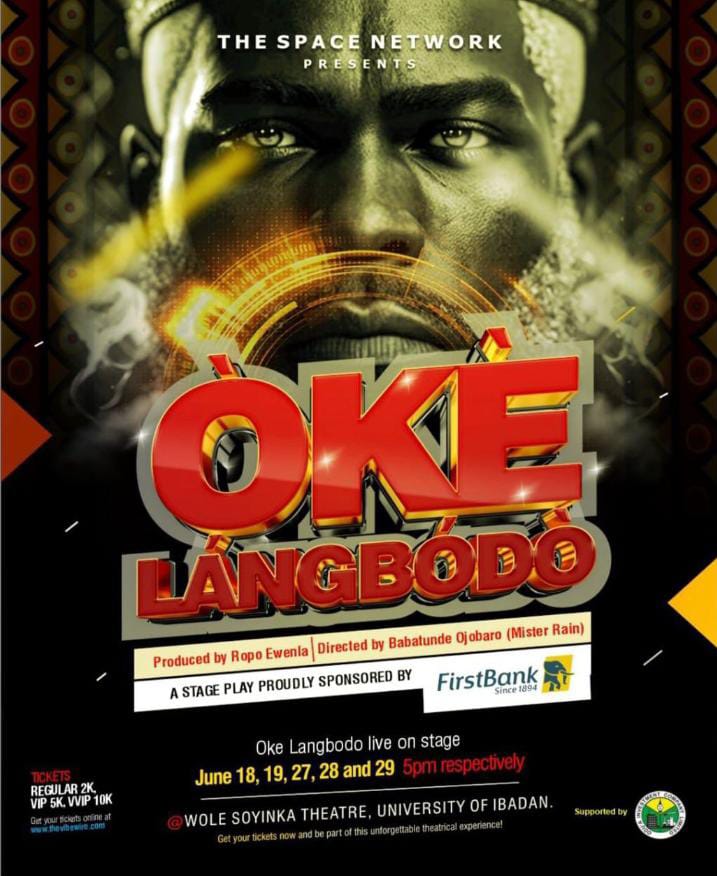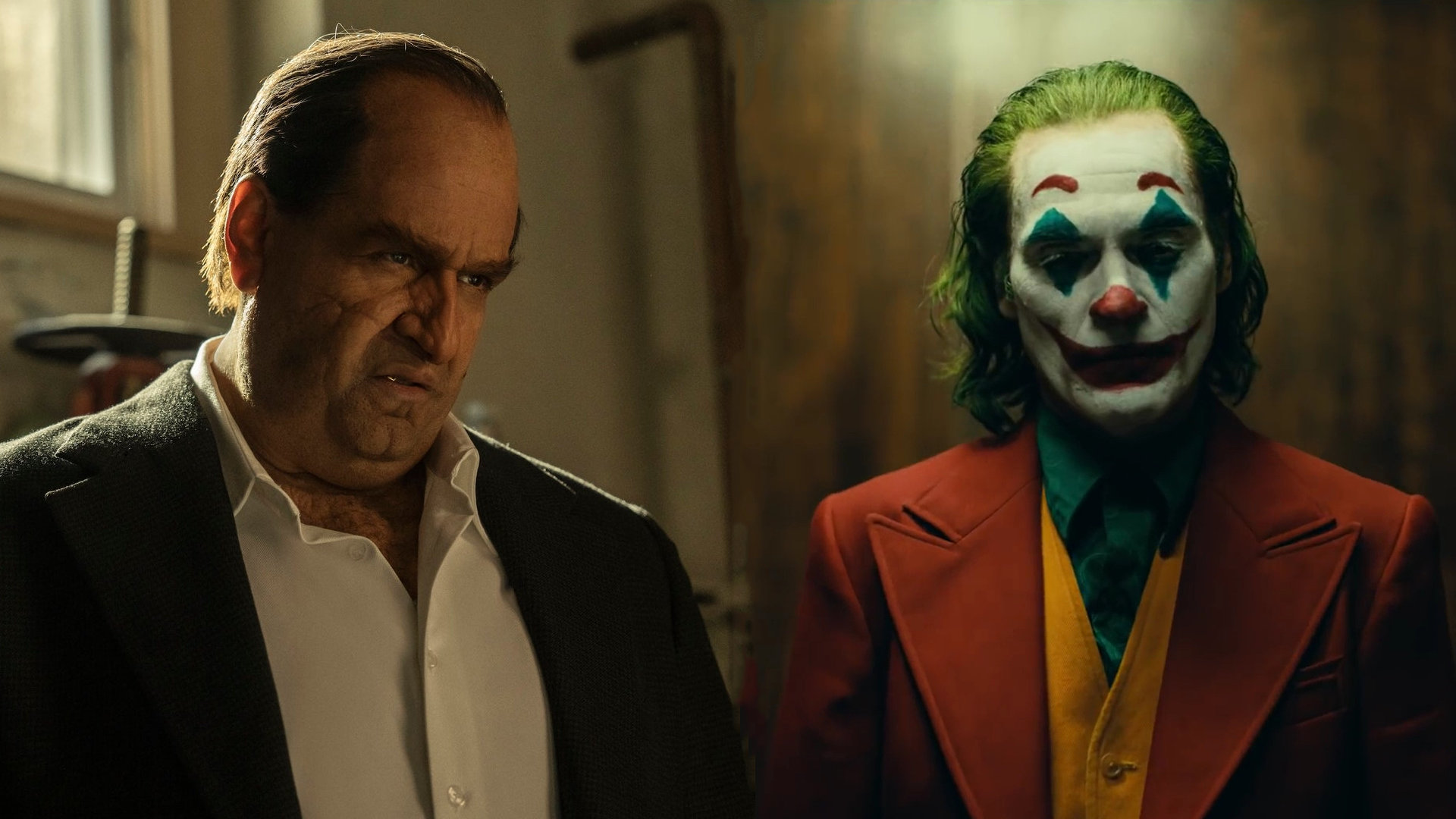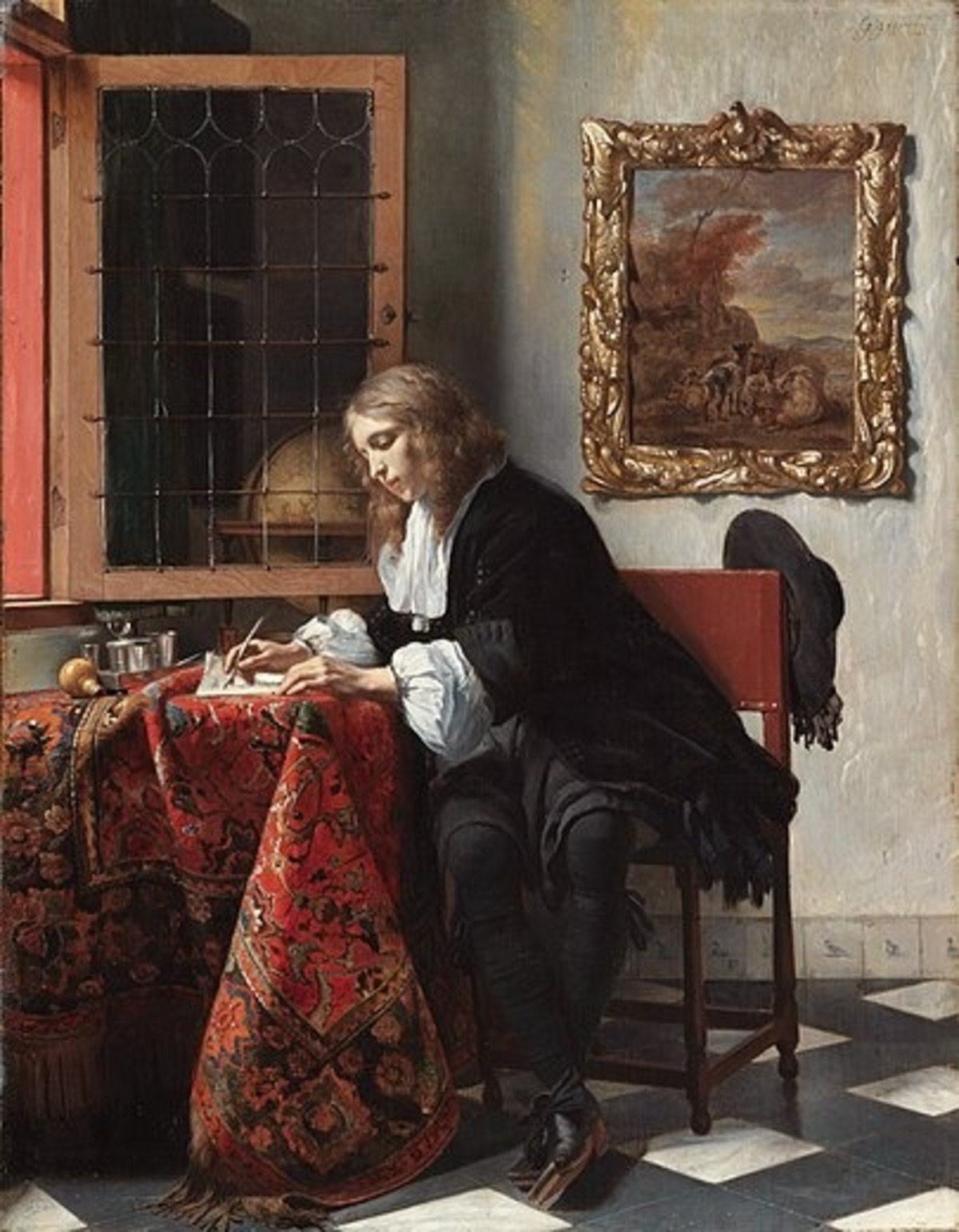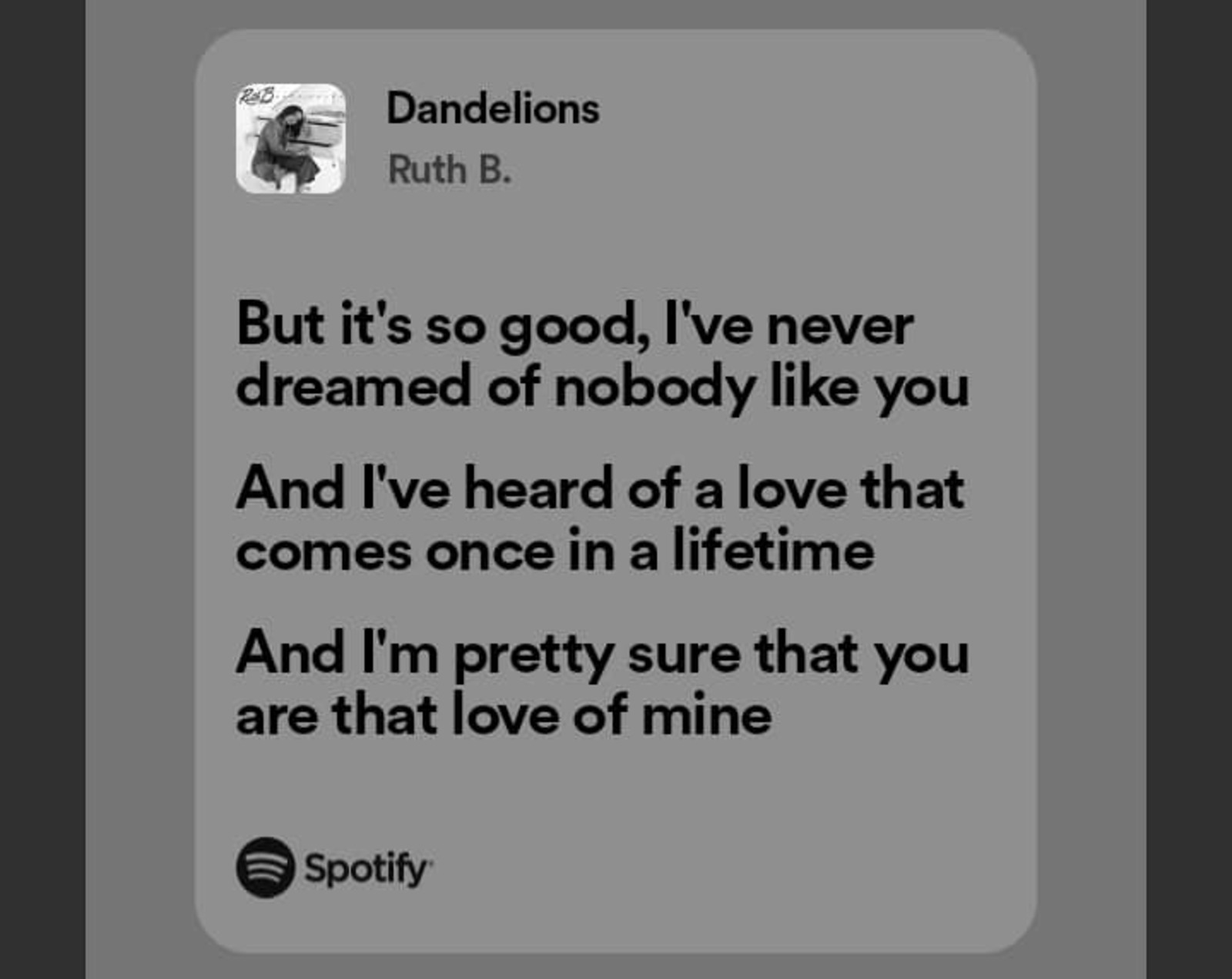Òkè Lángbódò: A Stage Play Review

As the audience took their seats, they were greeted by heady instrumentals, sonorous voices, stunning stage artwork crafted from natural elements like branches, leaves and rocks, and fantastic special effects setting the tone for an enchanting journey through the mystical world of Òkè Lángbódò.
Òkè Lángbódò came alive on stage at the prestigious Wole Soyinka Theatre, University of Ibadan, on June 18, 19, 27, 28, and 29, 2024. The Director, Babatunde Ojobaro (Mister Rain), welcomed the audience and introduced the play, an adaptation of D.O. Fagunwa’s timeless classic, ‘Ogboju Ode ninu Igbo-Irunmole’ reimagined by Wole Soyinka as ‘Forest of a Thousand Demons’, and first brought to life on stage by Wale Ogunyemi during the great Festac ’77 as Langbodo. He extended his gratitude to First Bank for their sponsorship, as well as to the talented producer and actor, Ropo Ewenla, and the executive producer, Otunba David. Additionally, he thanked the University of Ibadan’s Theatre Arts department, represented by the Head of Department, Dr. Bashiru Lasisi, for their support. Finally, he expressed his appreciation to the entire cast and audience for their presence and participation.
The play began with a woman singing on stage, joined by others, urging Nigeria to rise. The air was filled with drumming, and an old man, played by Ropo Ewenla, who seemed to be the author of the tale, told the story of drums and invited actors from the audience to join in. He declared that for the story, he will provide the drumming and we, wise ones, will bring the story to life through dance. After an entertaining singing and dancing sequence, the king and elders, dressed in beautiful Yoruba attire, called upon Akara-ogun, a brave hunter, to journey to Òkè Lángbódò and retrieve a valuable artefact from the forest.

Akara-Ogun summoned his fellow hunters to join him on the perilous quest, presenting his companions, each with remarkable abilities: Kako, the warrior who wielded the leopard’s claw; Imọdoye, a woman of wisdom that had dwelled in the spirit realm for seven years, Olohun Iyọ, the vocalist with the power of incantations, Elegbede ode, the father of baboons, who was raised by baboons after being abandoned by his parents due to his extra eye at the back of his head, Ẹfoyẹ, the half-bird hunter with wings of swiftness and an arrow that went wherever he willed it, and Aramọnda. United in their pursuit, they performed a ritual dance, consecrating their swords for the journey ahead. There was a peculiar stranger who opposed the hunters, his face a testament to the hardships he had endured in the hands of humanity. He deemed the hunters fools for embarking on such a quest to protect a country filled with corruption and deceit. Yet, amidst the darkness and troubles, a compassionate woman emerged who helped the hunters complete their task. As the hunters ventured into the unknown, they encountered diverse creatures, including a sage forest dweller, Egbere, who imparted wisdom on the importance of unity and compassion. In their unruliness, they caused trouble with the birds by killing one of their own, and disrespected the king, the Ostrich, asking him why his head was so bald. The hunters disturbed and fought with other deadly creatures, even going as far as to provoke the Efik people and their king.
Despite facing numerous trials and losing some of their own, the hunters, just Akara-ogun, Imọdoye and Olohun Iyọ by the end of the expedition, ultimately reached their destination. They were warmly welcomed by the elegantly dressed Edo people, who were engaged in a vibrant dance and introduction of their revered Oba. The Oba graciously greeted the hunters, acknowledging that he had been anticipating their arrival. The hunters requested the artifact they came for but the Oba wisely revealed that they had already been given everything they needed—the valuable lessons and words of advice they had acquired along the way. He emphasized that their country’s progress hinged on unity, love, and care for one another, and that they must abstain from deceit, disobedience, and conflict, instead focusing on self-improvement and mutual support. Nevertheless, he graciously bestowed upon them a white symbolic artifact to share with their people as proof of their remarkable achievement, leaving the hunters filled with joy and a sense of fulfillment.

The play ended with a beautiful song and dance sequence featuring all the cast members, emphasising the need for unity and love. The director, producer, and entire team took a well-deserved bow, and the curtain closed.
In conversation with event host, Abe Toluwanimi, Nigerian actor, Kunle Remi, who attended the play, praised the production, calling it ‘fantastic’ and ‘brilliant’. He revealed that the play was produced by his ‘big bro’, Ropo Ewenla, and that he was invited to watch the performance while filming in the area. Remi expressed his genuine enjoyment of the play, highlighting its exceptional quality.
The overall acting was lovely. I especially liked how Elegbede stayed in his baboon-like character. The energy was palpable, and I thoroughly enjoyed the songs and choreography. The makeup and costumes were exceptional, and the dancers’ facial expressions served to effectively connect with the audience. I also appreciated the innovative blend of traditional cultural dances with modern TikTok trends. Every aspect of the production was beautifully executed, conveying a powerful message of unity. It served as a poignant reminder that Nigerians must work together to achieve progress and support each other’s growth. The play showcased the rich diversity of Nigerian cultures, featuring vibrant Yoruba, Fulani, Efik, and Edo attires, and dances that left me feeling joyful and fulfilled. It reinforced the importance of preserving our cultural heritage, and sharing it with the world. I would eagerly watch more stage dramas like this, as they offer a unique and immersive experience unlike watching movies at home. I highly recommend everyone to catch a stage drama if they can, and to embrace love and unity.
Ololade Ojeniyi



